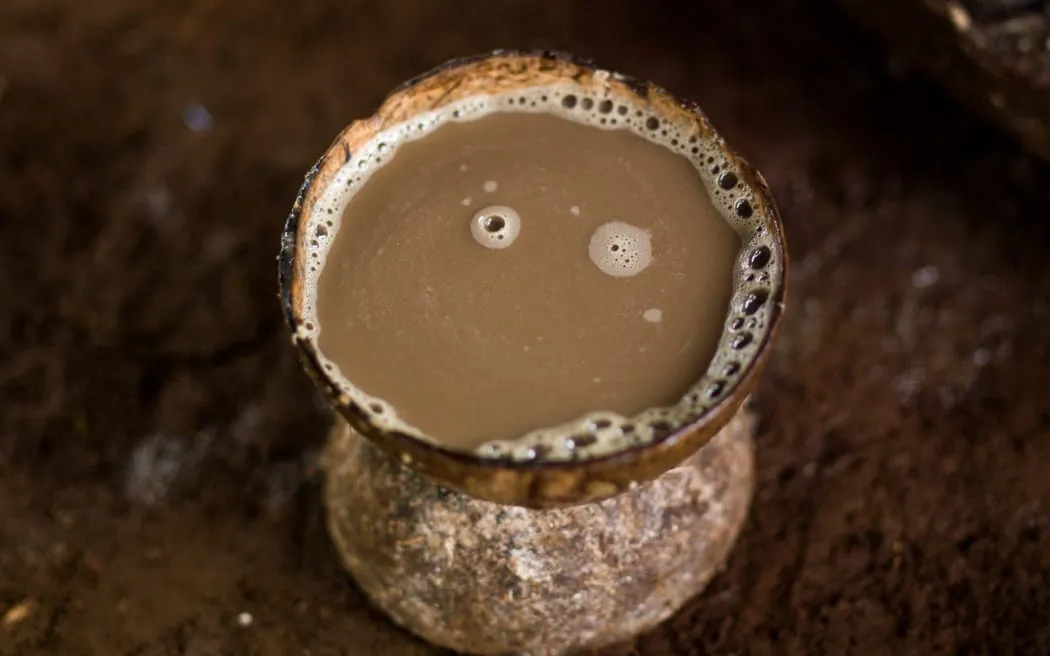The Kava Industry in Vanuatu: Threatened by Regional Labour Mobility Schemes
Vanuatu, an island nation in the Pacific, is renowned for its rich cultural heritage and traditional practices. One of these practices is kava cultivation, a significant industry that has been facing challenges due to regional labour mobility schemes.
The Decline of Local Workforce for Kava Cultivation
The large number of Ni-Vanuatu workers recruited for seasonal jobs abroad has reduced the local workforce available for kava cultivation. According to Matai Seremaiah, Vanuatu’s caretaker Foreign Minister, “People, as farmers, need to know that there is a market so they can plant.” However, if the government continues to export labour overseas, it will bring another great challenge for kava production by local farmers.
Regional Labour Mobility Schemes
Vanuatu, along with Samoa and Tonga, is a leading provider of labour under New Zealand’s Recognised Seasonal Employer (RSE) work policy. A total of 16,250 individuals from Vanuatu have participated in the RSE scheme between 1 July 2007 to 30 June 2022. The country is also one of the biggest labour-sending countries under Australia’s Pacific Australia Labour Mobility (PALM) scheme, having sent over 6,200 workers between June 2019 to May 2024.
Challenges Facing the Kava Industry
Exporters have expressed concerns about insufficient supply, saying demand for kava has reached record levels in 2024. The government’s current policy prevents foreign investors from entering the kava sector to protect local farmers. However, panel discussions at a recent Kava Festival raised questions about whether the government should reconsider its position on foreign involvement in light of these challenges.
A Call for Reconsideration
The decline of the local workforce and the impact of regional labour mobility schemes have highlighted the need for a reassessment of the government’s stance on foreign involvement in the kava industry. As Matai Seremaiah noted, “If we continue to export labour overseas, it will bring another great challenge for kava production by local farmers.” The government must weigh the benefits of protecting local farmers against the potential risks and challenges posed by foreign investment.
Conclusion
The kava industry in Vanuatu faces significant challenges due to regional labour mobility schemes. While the government’s current policy aims to protect local farmers, it is essential to reassess its stance on foreign involvement in light of these challenges. A balanced approach that takes into account the needs of both local farmers and exporters is necessary to ensure the long-term sustainability of the kava industry in Vanuatu.

0 Comments